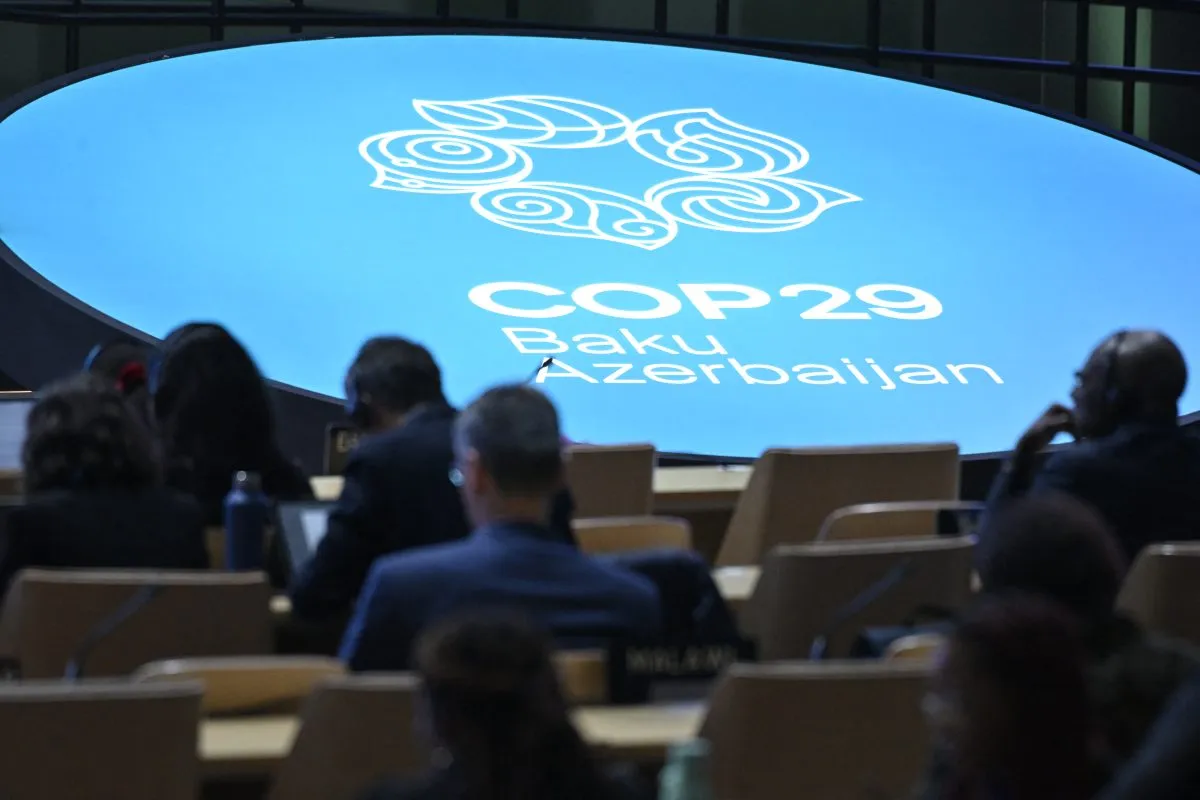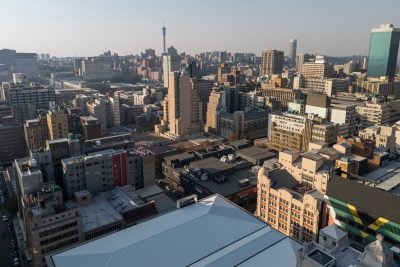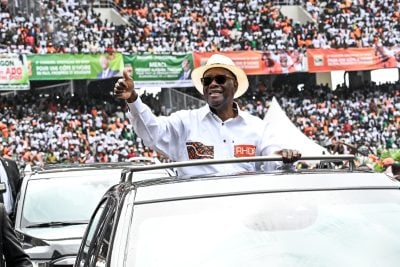As Cop29 unfolds, African heads of state and their negotiating teams are pushing for a greener future for Africa in Baku, Azerbaijan, and the stakes have never been higher.
While diplomats and experts continue to push for an overall agreement, there has already been a flurry of announcements concerning Africa at side-events.
Innovative finance
On Tuesday, the Climate Investment Funds Capital Markets Mechanism (CCMM) announced a bond listing on the London Stock Exchange to boost climate finance for Africa.
CCMM raises private sector capital in the international capital markets to mobilise finance for climate action and sustainable development, based on reflows from existing Clean Technology Fund projects implemented by six participating multilateral development banks over the past 16 years.
Akinwumi Adesina, President of the African Development Bank, said “At a time of declining levels of concessional financing and grants, new models are needed to secure larger climate finance for developing countries, for public and private sector. The CCMM marks the first time that a multilateral climate fund will use the strength of its balance sheet to unlock urgently needed climate finance.”
Clean cooking highlighted
On the same day, policymakers highlighted the urgent crisis posed by lack of access to clean cooking, a challenge impacting 1.2 billion people across Africa and leading to millions of premature deaths annually.
Over 83% of people in Sub-Saharan Africa rely on traditional biomass fuels, leading to severe health, environmental, and economic repercussions. Reliance on polluting fuels costs approximately $791.4bn annually, with health-related impacts accounting for $526.3bn.
“It is unacceptable that women are still dying because they lack access to clean cooking solutions,” said Tanzania’s vice president Philip Mpango, speaking on behalf of President Samia Suluhu Hassan.
Kevin Kariuki, African Development Bank Group vice president for power, energy, climate & green growth, echoed the call to action.
“We cannot allow our sisters and mothers to suffer in silence while we have the power to change this… We must mobilise at least $4bn annually to achieve universal access to clean cooking by 2030.”
Africa Day focuses minds
A day later, at Cop29’s Africa Day, the climate concerns of Africa were addressed head-on under the theme “Scaling up Financing for Climate Adaptation and Green Growth in Africa.”
Claver Gatete, executive secretary of UNECA, said: “Available financing continues to fall short, and our public finances must be complemented by private funds to build resilience, protect diversity, and foster climate-responsive development.”
He called for the establishment of New Collective Quantified Goal (NCWG) – an agreed level of finance delivered by richer world countries, which he argues should be “based on real needs, which is estimated at $1.3 trillion (per year) for Africa.”
Calls for loss and damage progress
One of the main initiatives to emerge from Cop28 in the UAE last year was a global “loss and damage fund” to compensate poorer nations for the damage wrought by climate change. Yet the establishment of the fund needs to be boosted by pledges of financial support from the rich world.
Afreximbank says its key objective will be the swift operationalisation of the fund.
Speaking on Africa Day at the African Union’s Pavilion, Benedict Oramah, president of Afreximbank stated:
“The issue of financing climate adaptation in Africa and the island states of the Caribbean has become an emergency and as such our participation at COP29 is an opportunity to advocate for Africa and the Caribbean’s climate priorities, amplify their voice in global discussions, and push for urgent climate finance.”
Africa, he explained, needs between $1.3 trillion and $1.6 trillion in total climate financing every year until 2030 to meet its pressing needs.
The Bank also said that it will advocate for a scaling up of the NCQG to replace existing “insufficient” mechanisms.
Adesina decries “carbon grab”
On Thursday, the AfDB’s Adesina returned to the conference to highlight what he called a “carbon grab” – the widespread sales of vast areas of Africa’s lands rich in carbon for knockdown prices.
Launching a new report on “Measuring the Green Wealth of Nations”, Adesina said that the proper valuation of Africa’s green wealth will increase access to financial flows.
“It is time for Africa’s green environmental assets to be properly priced to allow the continent to turn its massive green assets into wealth, through their inclusion in “green’ GDP for Africa. This will raise massive financial resources for the continent, spur greater green investments and provide better policies for the greening of African economies for sustainable development…It is time for Africa to be green rich and cash rich.”
Want to continue reading? Subscribe today.
You've read all your free articles for this month! Subscribe now to enjoy full access to our content.
Digital Monthly
£8.00 / month
Receive full unlimited access to our articles, opinions, podcasts and more.
Digital Yearly
£70.00 / year
Our best value offer - save £26 and gain access to all of our digital content for an entire year!

 Sign in with Google
Sign in with Google 



